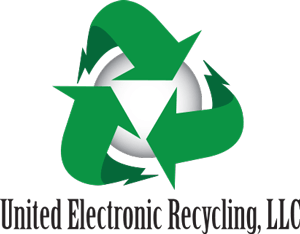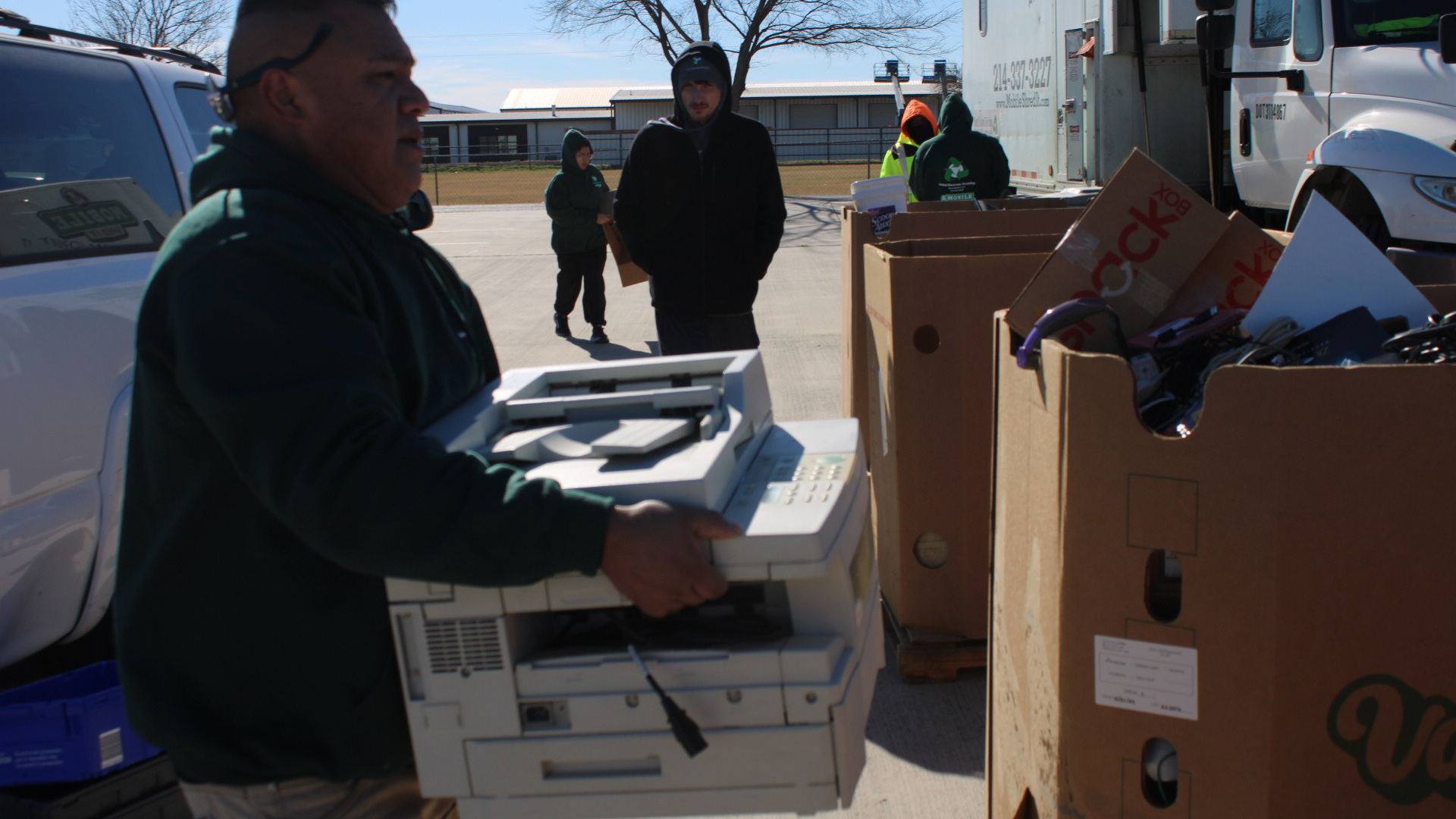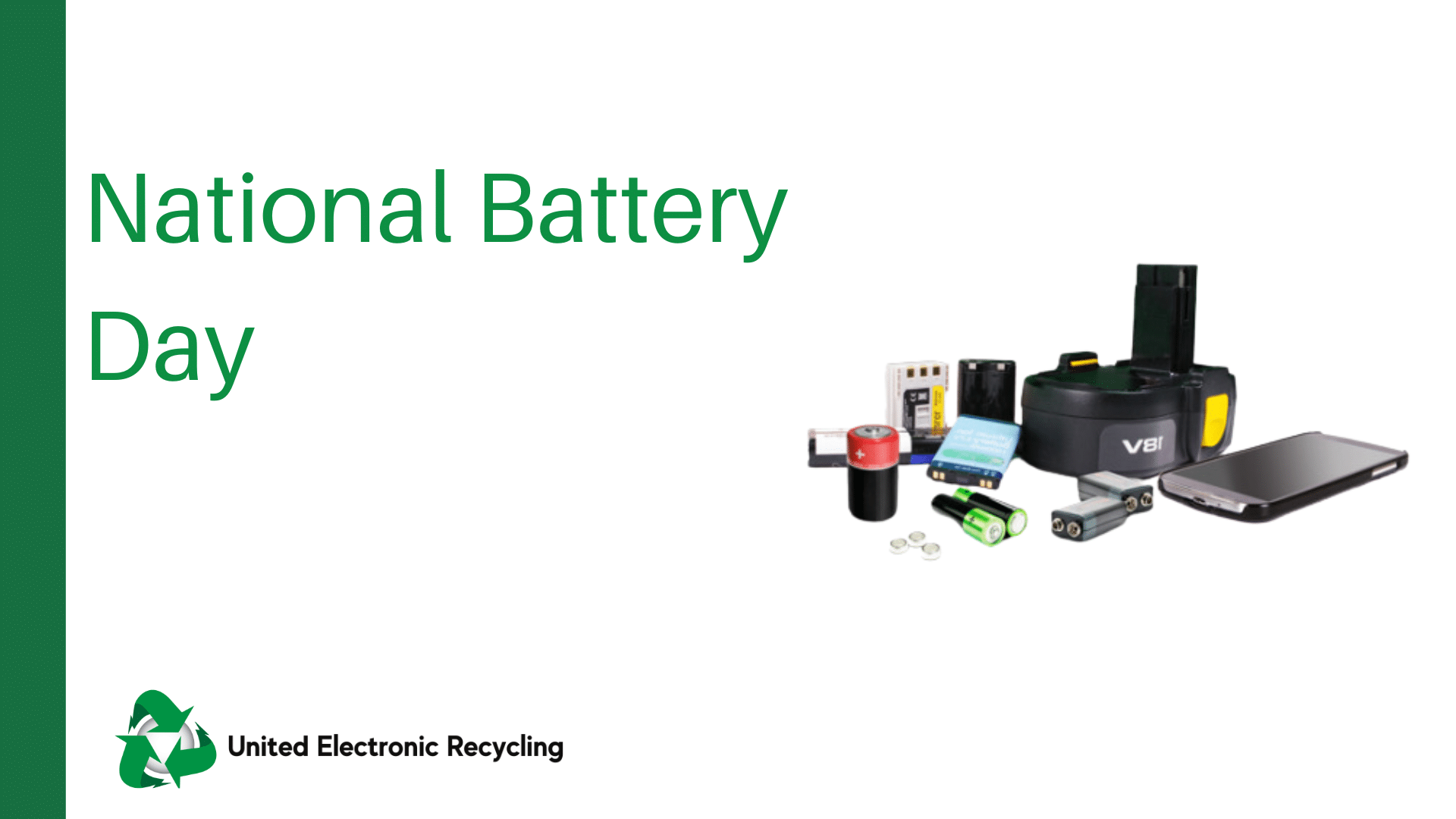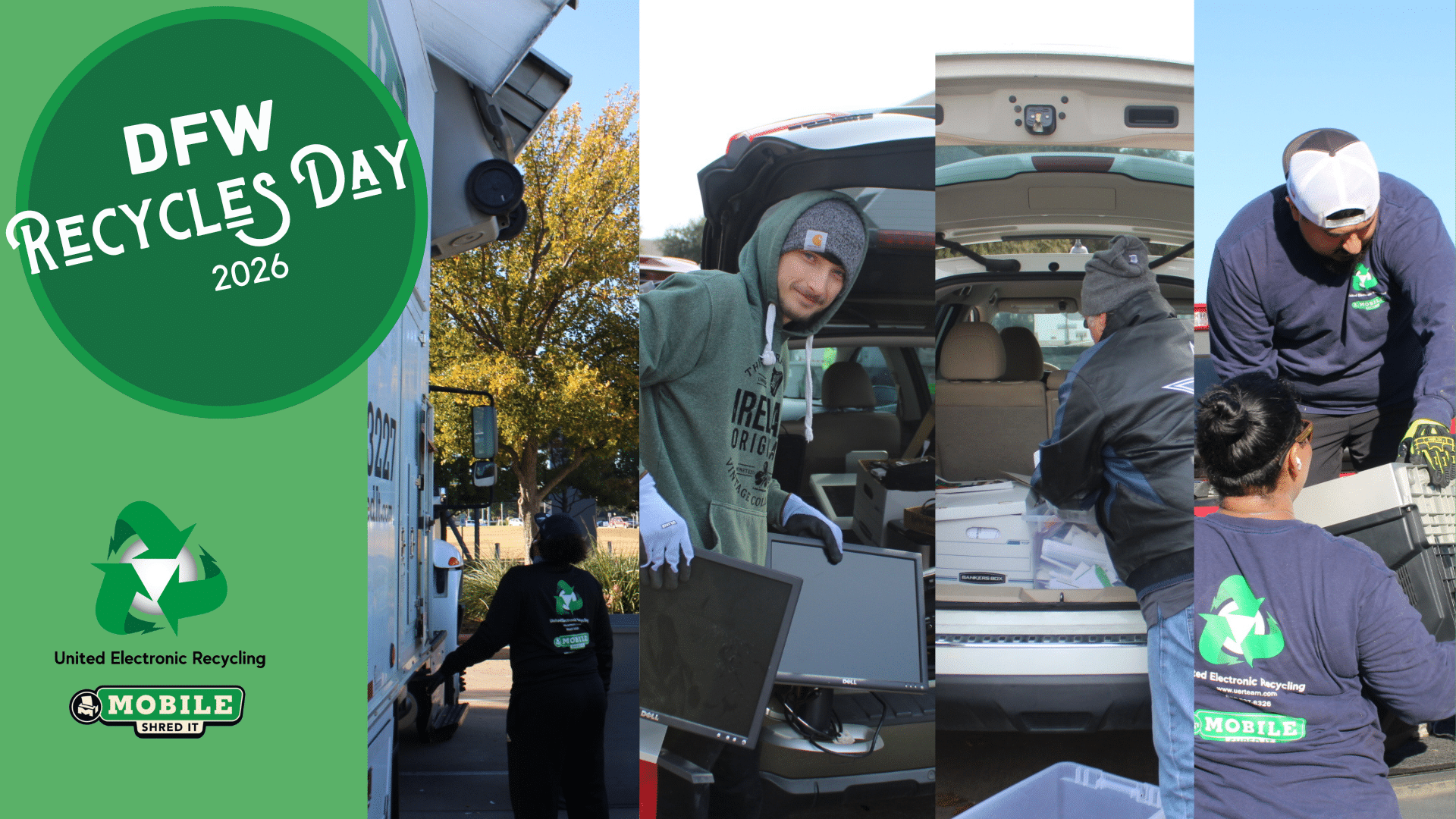Battery Types You Should Never Throw in the Trash
Batteries contain toxic metals such as lead, mercury, lithium, and cadmium, all of which can leak into soil and water if not properly handled. In addition, certain batteries can catch fire or explode when compacted in landfills or transported with other waste.
That’s why federal and state regulations including EPA, DOT, and OSHA guidelines require proper disposal and recycling of batteries.
5 Battery Types That Require Special Handling
1. Lithium-Ion (Li-ion) Batteries
Common Uses: Laptops, smartphones, power tools, electric vehicles
Why You Can’t Trash Them: Li-ion batteries are flammable and can overheat or explode when damaged. They’re a leading cause of fires in waste facilities.
2. Nickel-Cadmium (NiCd) Batteries
Common Uses: Cordless phones, cameras, medical devices
Why You Can’t Trash Them: Cadmium is a highly toxic heavy metal. Improper disposal can lead to groundwater contamination and health risks.
3. Lead-Acid Batteries
Common Uses: UPS systems, forklifts, vehicles, backup power
Why You Can’t Trash Them: Lead is extremely harmful to both people and the environment. These batteries are classified as hazardous waste under federal law.
4. Nickel Metal Hydride (NiMH) Batteries
Common Uses: Older hybrid vehicles, handheld electronics
Why You Can’t Trash Them: Although safer than NiCd, they still contain hazardous materials and must be recycled properly.
5. Button Cell Batteries
Common Uses: Watches, calculators, hearing aids
Why You Can’t Trash Them: Often contain mercury or silver. These small batteries pack a big environmental punch and must be recycled separately.
The Dangers of Throwing Batteries in the Trash
Fires and Explosions: Especially with lithium-based batteries
Toxic Chemical Leaks: Contaminates soil and groundwater
Regulatory Violations: Fines and legal action from improper disposal
Reputation Risk: Customers and partners expect responsible environmental practices
How to Recycle Batteries Safely
At United Electronic Recycling, we help businesses of all sizes manage battery recycling responsibly.
- Certified handling of lithium, lead-acid, NiCd, and more
- Safe storage and transport solutions
- Pickup available in DFW and for large battery volumes across Texas
- Detailed compliance documentation for audits ESG reporting
Set Up a Battery Recycling Program for Your Business
Don’t risk safety, fines, or your company’s reputation. We make business battery recycling simple, safe, and compliant.
Call us today or contact us online to get a customized plan for your used batteries.





